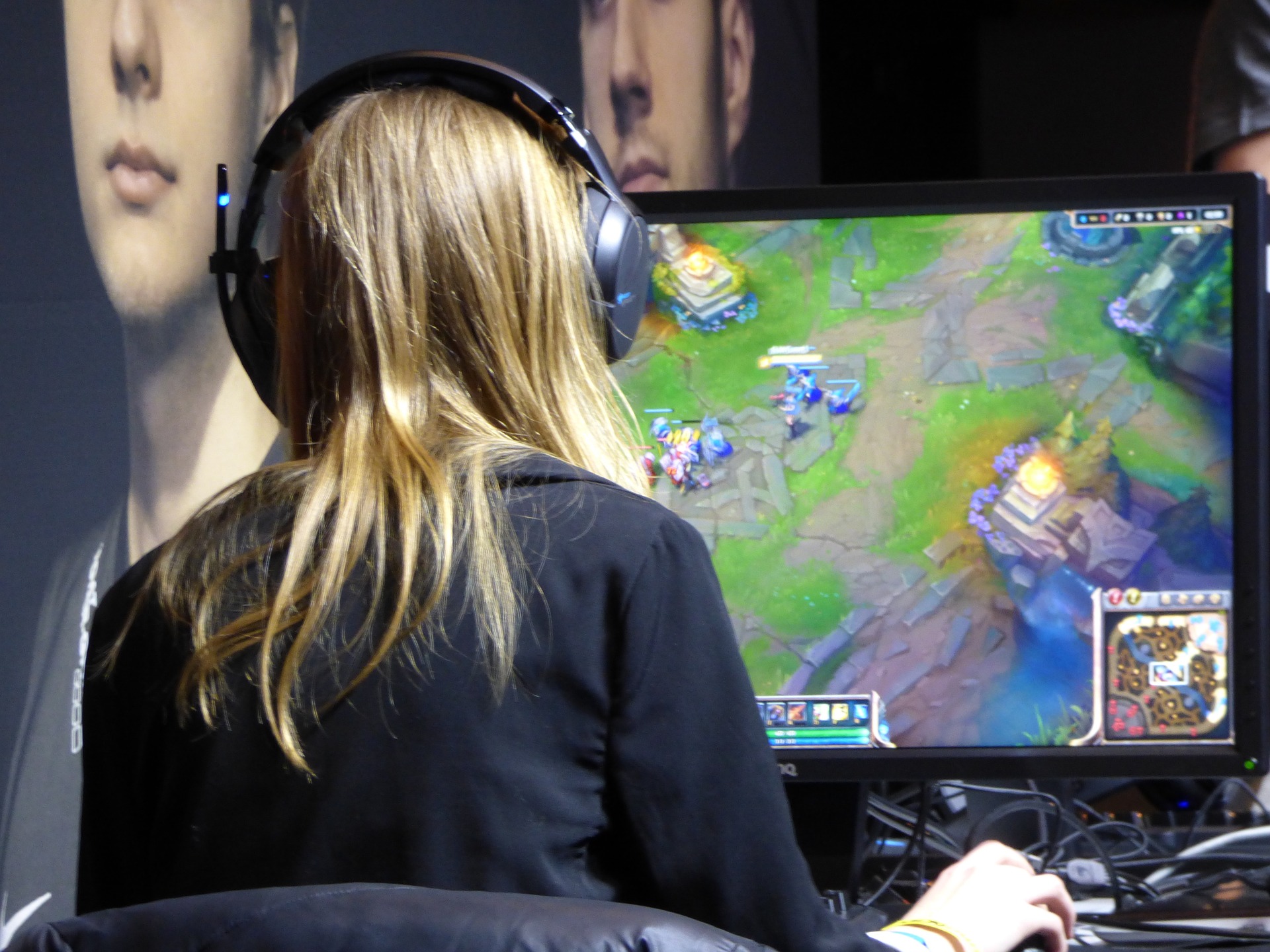If you are a real fan of computer games, there is no doubt you know what an RPG really is. Of course, an RPG, or a role-playing video game is the one in which you are controlling the actions of the main character or sometimes, other members of the group. The entire action of an RPG always takes place in a well-defined world. Still, such a definition is rather vague and if you are not a particularly experienced player, you might mistake games of other genres for an RPG. Let’s then check what features make game a real RPG?
The most important features of an RPG
If you look at any RPG, you might notice several very crucial things about such a game. Actually, all of the games of this genre share the game mechanics, terminology and features similar to the first role-playing games which were available in the tabletop form. A classic example of an early RPG is Dungeons and Dragons.
The idea of a typical RPG is a player controlling the major character or a party (an RPG term used for calling a group of several characters). In order to complete a role-playing game, you have to reach the final conclusion of the game’s storyline. Usually, you will have to go through an entire series of quests including combat, puzzles and world exploration in order to reach the end of an RPG.
One of the most crucial features of role-playing games is the development of the central character or the party. This often includes increasing the abilities and power of the characters. At the same time, it is very unpopular for RPGs to challenge your physical abilities such as reaction time or coordination, however, you might find this feature in action RPGs.
Undeniably, another typical feature for role-playing games is quite complex dynamic interaction between characters.
Systems of rewarding in rps
Points of experience that can be earned in role-playing games are necessary for levelling your character up. This makes the skills and abilities of your character more powerful and prepare him or her for more challenging combats. The experience points that can be referred to as the EXP or XP abbreviations can be gained by completing quests, finishing combats successfully or participating in special activities. This system of rewarding is known as the experience or level-based system. Although it is very popular, there are two other widespread systems used in RPGs.
Another rewarding system is based on training. In such games, you won’t earn experience points for completing particular tasks or winning battles. Here, the system counts the number of particular movements such as, for example, wielding a sword. Thus, repeating the same number for a particular number of times will master your skills.
Note there is also the skill-point system available in role-playing games that omits points of experience as well. These games offer skill points instead that are also earned by completing quests. However, in such a case, you character will be able to exchange the points for valuable items or skills which is possible without levelling up.
Typical winning mechanism used in RPGs
It is crucial to understand a popular mechanism used for determining the outcome of particular combats that are a necessary part of role-playing games. Such a mechanism is similar to the ones used in non-electronic RPGs and based on dice-rolling algorithm.
As you have already learnt, an essential part of interaction with the main character or the party is training their abilities and skills which leads them to reach a new level. In fact, these skills and abilities are numeric attributes. The greater these attributes are, the stronger the probability of winning is.
More about exploration and quests in role-playing games
Undeniably, exploration of the game world is one of the most crucial aspects of the RPG genre. In fact, exploration of the world’s map is strongly connected with the story line itself, since usually, each location of the game world is a part of a separate chapter. Often, a character will have to spend some time in one location solving all the necessary quests of the main storyline and developing one’s skills in order to prepare to proceed to a new chapter. Still, many RPGs allow their characters to return to previously visited locations and they still might have an opportunity to participate in side quests and combats.
Inventory and items
It is very typical for role-playing games to make it possible for a player to find and collect loot while exploring the game world. This usually includes armor, weapon and clothes. In such games, it is also possible to trade the collected items. Earned currency can be then used for purchasing better items.
Inventory is used for storing the purchased or collected items. You might also find the games with a limited space of inventory or a limited number of items allowed to be carried in the inventory. This limits make players to consider each object held in the inventory turning this aspect of the game into an additional challenge.

